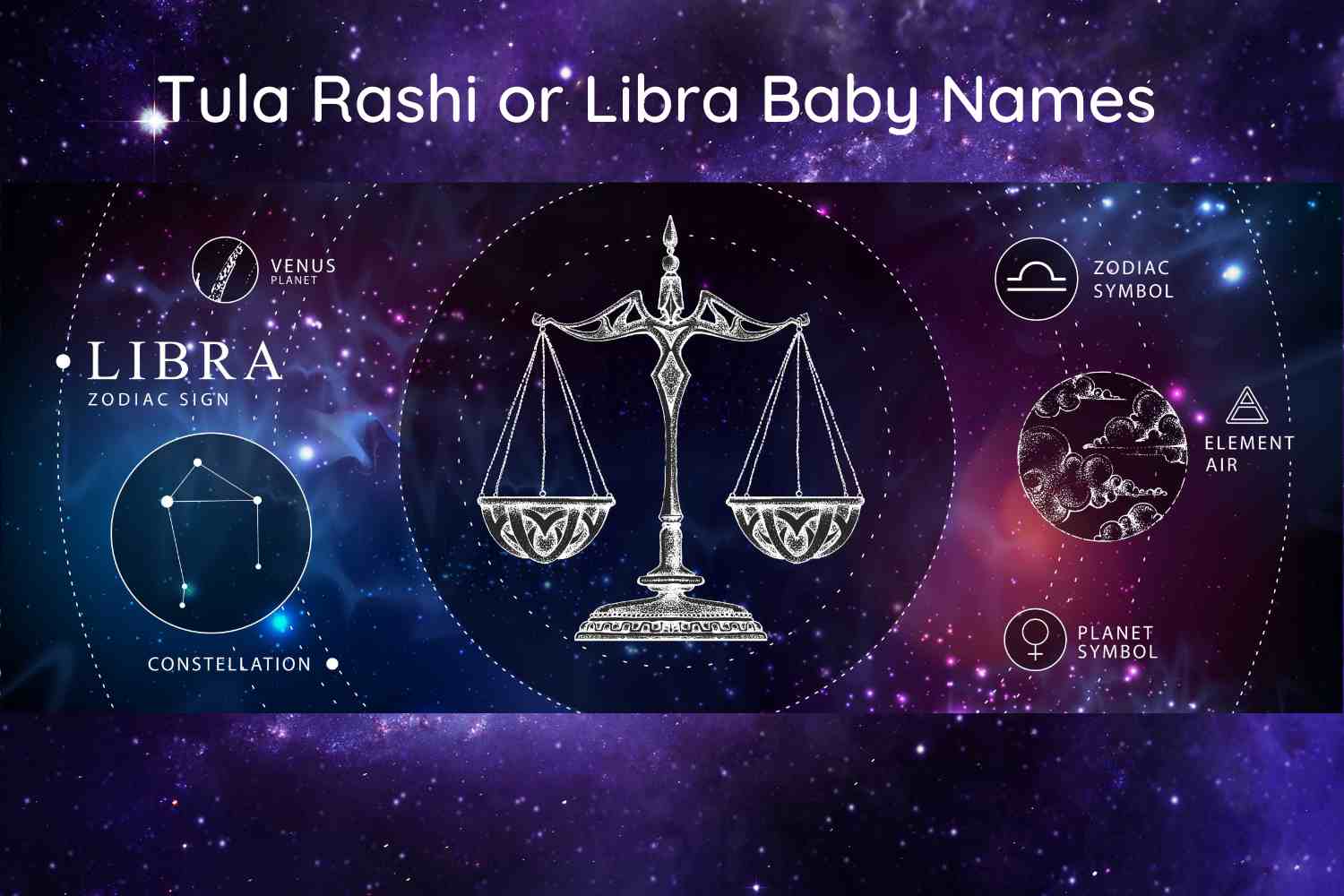
Do Nosebleeds During Pregnancy Affect The Baby?
5 min readWritten by Editorial Team


Pregnancy is a roller coaster experience and has its own set of upsetting symptoms besides the amazing, pleasant feeling of carrying a baby. Nosebleed is one such distressing symptom. Though Nosebleeds during pregnancy is an embarrassing and inconvenient symptom seen in the latter half of pregnancy, the condition is entirely normal. It passes off with the birth of the baby.
In this article we will read about what are nosebleeds, causes of nosebleeds, how can it be treated and many more.
In This Article
- What is Meant by Nosebleeds?
- Are Nose Bleeds Common During Pregnancy?
- What Causes Nosebleeds During Pregnancy?
- How Can Nose Bleeds be Treated During Pregnancy?
- How Can Nosebleeds be Prevented During Pregnancy?
- Does Nose Bleeds Affect My Unborn Baby in Any Way?
- When to Worry About Nosebleeds During Pregnancy?
- When Should I go to the Doctor For Nosebleeds During Pregnancy?
What is Meant by Nosebleeds?
The unexpected sudden rush of blood from the nose is termed as nosebleeds. Though nosebleed is harmless if it occurs too frequently, your hemoglobin level might drop down, and you can become anemic. They are seen mainly during the third trimester of pregnancy, and almost one in every five pregnant women experience nosebleeds during pregnancy.
Are Nose Bleeds Common During Pregnancy?
Among the problems facing women during the pregnancy period, nosebleeds are a fairly common one. Compare to almost 20% of pregnant women suffer from it as to 6% of non-pregnant women. The nosebleeds during pregnancy can prove to be harmless in many cases. Many doctor’s opinions are that nosebleeds in the early pregnancy stage are a common problem due to pressure on the nasal blood vessels. You are not losing more amount of blood through nosebleeds, and you should be okay with that.
What Causes Nosebleeds During Pregnancy?
The blood volume of a woman is increased during pregnancy. The mucous membrane becomes delicate and results in swelling of veins in the nasal area. The obvious outcome is nosebleeds. Add to that the pregnancy hormones progesterone and estrogen dilate the blood vessels, and the increased blood pressure exerts additional pressure on the tender veins in the nasal region, causing nosebleeds. Though common in pregnancy, nosebleeds are generally observed from the second trimester of pregnancy.
Cold weather is another situation, condition when nosebleed becomes quite frequent because the air becomes dry. This can cause the opening of vessels in the nose, thus causing minor bleeds.
The presence of high blood pressure is also a causative factor for nosebleeds.
How Can Nose Bleeds be Treated During Pregnancy?

Since nosebleeds are quite frequent in pregnancy, therefore, it is important to know how to tackle the situation:
- Sit down and raise your head up.
- Pinch your nose above your nostrils, where it is soft, and breathe through your mouth.
- Apply pressure and press your nose for 5 to 10 minutes to stop bleeding from the nose. Keep a tab on the watch, and it is longer than you think.
- Do not lie down or even tilt your head as you might swallow the blood oozing out. This could cause nausea or even vomiting.
- It would be best if you leaned forward with open mouth to avoid swallowing blood that might drip out of your nose.
- Applying an ice pack is also very helpful in checking nosebleeds. Use the free hand to place an ice pack on your cheek and the upper part of the nose.
Nosebleeds usually subside within 15 to 20 minutes. The gentle pressure applied on the nose helps in blood clotting. Include a lot of vitamin C and other fresh fruits to boost your immunity. Eating pomegranate, apples, citrus fruits such as oranges, sweet lime, etc., will help in speedy clotting of blood. Spinach and other iron-enriched vegetables help in keeping your hemoglobin level within normal limits and keep you protected against developing anemia.
[Read : Iron Deficiency Anemia During Pregnancy]
How Can Nosebleeds be Prevented During Pregnancy?

You should follow the mentioned below points to prevent nosebleeds from recurring in the next 24 hours:
- Do not rest and lie flat.
- Avoid heavy or strenuous work, for example, workouts, etc.
- Do not pick or blow your nose.
- Avoid consuming tea, coffee or alcohol because they dilate the blood vessels further.
- Do not keep your nose dry, especially in winters, use nasal lubricants to keep your nose soft and prevent nasal dryness.
- Soften the inner side of nose by applying Vaseline.
- Be gentle on your nose and avoid picking it.
- Drink a lot of fluids for keeping mucous membrane hydrated and nourished.
Does Nose Bleeds Affect My Unborn Baby in Any Way?
Usually, nosebleeds do not pose any danger to your baby. However, heavy bleeding after delivery has been linked to nosebleeds. Research is still being carried on the subject. However, in some rare cases, if you experience severe forms, particularly in the final weeks of the last trimester, your doctor will advise you to have a cesarean section for giving birth.
[Read : Pregnancy Induced Hypertension]
When to Worry About Nosebleeds During Pregnancy?
While nosebleeds during pregnancy are a common problem, you should be worry if nosebleeds lead to certain health problems. It is always advised to take medical attention quickly under such conditions. In that pregnancy stage, you will have a higher risk of stroke, diabetes, and hypertension(Blood Pressure). You should be worry if any of the symptoms mentioned below accompanies nosebleeds during pregnancy:
- Facial drooping, tingling, or any numbness are the indicators of a stroke and should treat fast because time could be short.
- If the nosebleed is accompanied by labored breathing or persistent chest pain, you should worry about it. A little discomfort may be okay, but if the pain is quite severe, you should consult a doctor and check about it.
- Immediately take medical attention if the person affected with this and loses consciousness.
- Feelings of confusion post nosebleeds should need quick medical treatment, as should light-headedness.
- Any trauma that leads to nosebleeds should be diagnosed immediately.
When Should I go to the Doctor For Nosebleeds During Pregnancy?

It would help if you visited the hospital for active medical help in the following condition-
- If bleeding from the nose does not cease even after applying pressure for 20 minutes, immediately visit your nearest hospital.
- If you are bleeding profusely and blood is entering your mouth.
The doctor will pack your nose with a special gauze or nasal tampons. This is to be kept for an hour two to exert continuous pressure on the blood vessels. Sometimes cauterization is also done to seal the oozing vessels. Silver nitrate is often applied to the open end of vessels to seal them. This is called chemical cauterization.
Remember, nosebleeds are a temporary problem and will not jeopardize your pregnancy in any way, so shun way your apprehensions. Nosebleeds usually pass off once the child is born, and this puts an end to the nuisance and irritating situation caused by them.
Happy pregnancy, and do not let temporary nuisances such as nosebleeds affect your joy!
Read Also: Why Has Bigger Nose During Pregnancy?

Editorial Team,
With a rich experience in pregnancy and parenting, our team of experts create insightful, well-curated, and easy-to-read content for our to-be-parents and parents at all stages of parenting.Read more.
Responses (0)
Want curated content sharply tailored for your exact stage of parenting?
Related articles

Pseudoephedrine During Pregnancy – Safety, Dosage and Side Effects

Popular Top 200 Libra or Tula Rashi Born Baby Names For Boys and Girls

Top 500 Baby Boy Names That Start With B

Glucon D During Pregnancy- Is it Safe to Drink and Benefits

Sour Cream During Pregnancy – Is It Safe?

Top 500 Unique Baby Boy Names Starting With A
Sponsored content
Discover great local businesses around you for your kids.
Get regular updates, great recommendations and other right stuff at the right time.





